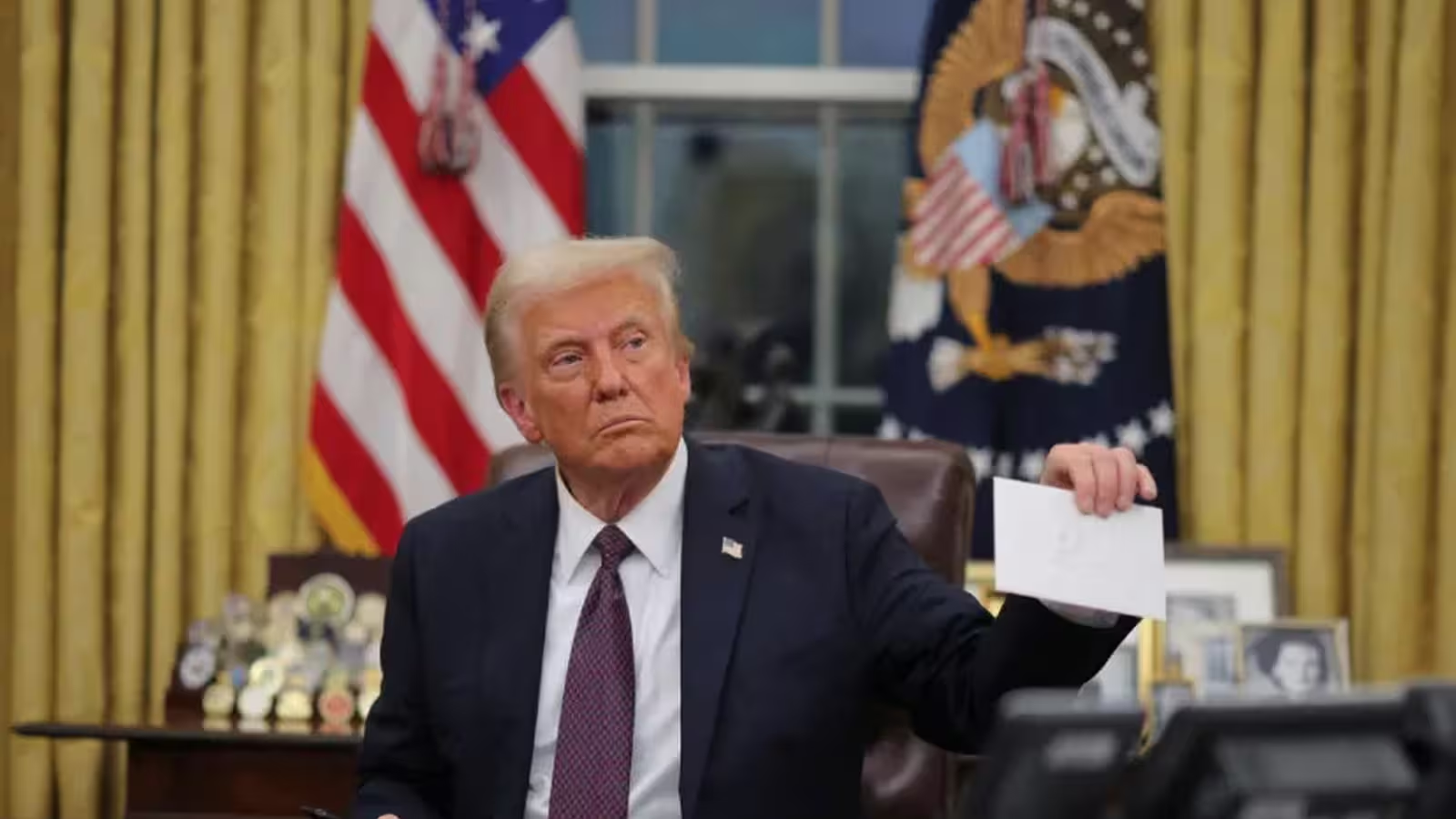2 Minutes
President Trump Extends 25% Tariff Threat to Samsung and Other Smartphone Manufacturers
In a significant escalation of trade policies, President Donald Trump has announced that the proposed 25% tariff initially targeting Apple will also apply to Samsung and other smartphone manufacturers. This move aims to encourage companies to shift their production to the United States.
Expansion of Tariff Policy
President Trump had previously warned Apple that iPhones intended for the U.S. market must be manufactured domestically or face a 25% import tariff. This directive was part of a broader strategy to bolster domestic manufacturing and reduce reliance on foreign production. However, in a recent statement from the Oval Office, Trump clarified that this tariff would not be exclusive to Apple. He emphasized that to ensure fairness, the 25% tariff would extend to Samsung and any other companies producing similar products abroad. This policy is set to take effect by the end of June.
Implications for Samsung and the Smartphone Industry
Samsung, a major competitor of Apple, primarily manufactures its smartphones in countries like Vietnam and India. The imposition of a 25% tariff on these imports could lead to increased prices for Samsung devices in the U.S. market. This development places additional pressure on global smartphone manufacturers to reconsider their supply chains and potentially invest in U.S.-based production facilities.
Conclusion
The extension of the 25% tariff to include Samsung and other smartphone manufacturers underscores the Trump administration's commitment to revitalizing domestic manufacturing. While this policy aims to create a level playing field, it also presents challenges for international companies that have traditionally relied on overseas production. The coming months will reveal how these companies adapt to the new trade landscape and what impact this will have on consumer prices and the broader economy.


Comments